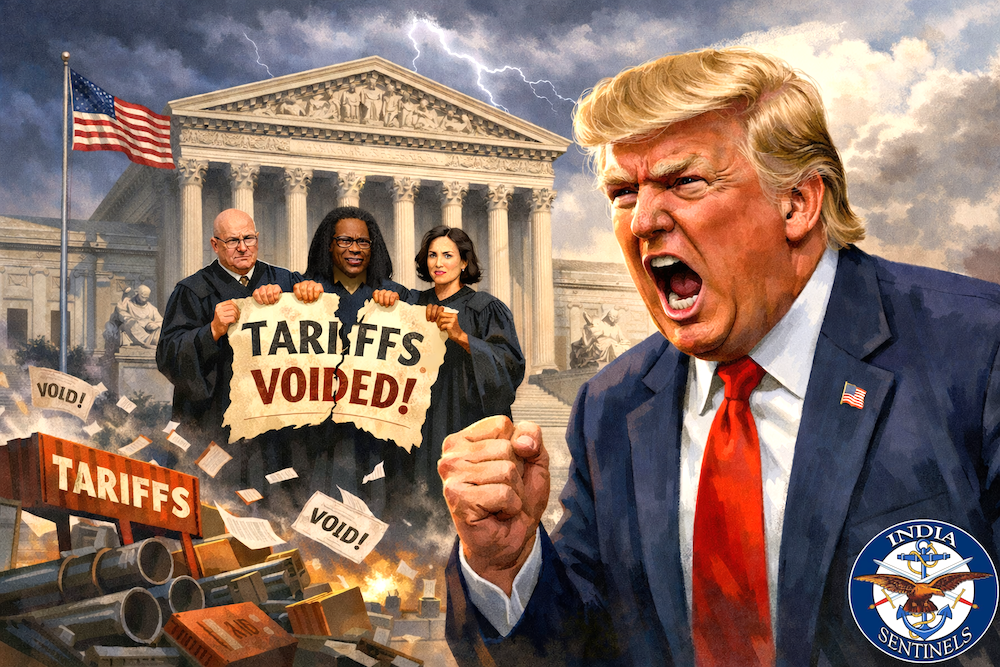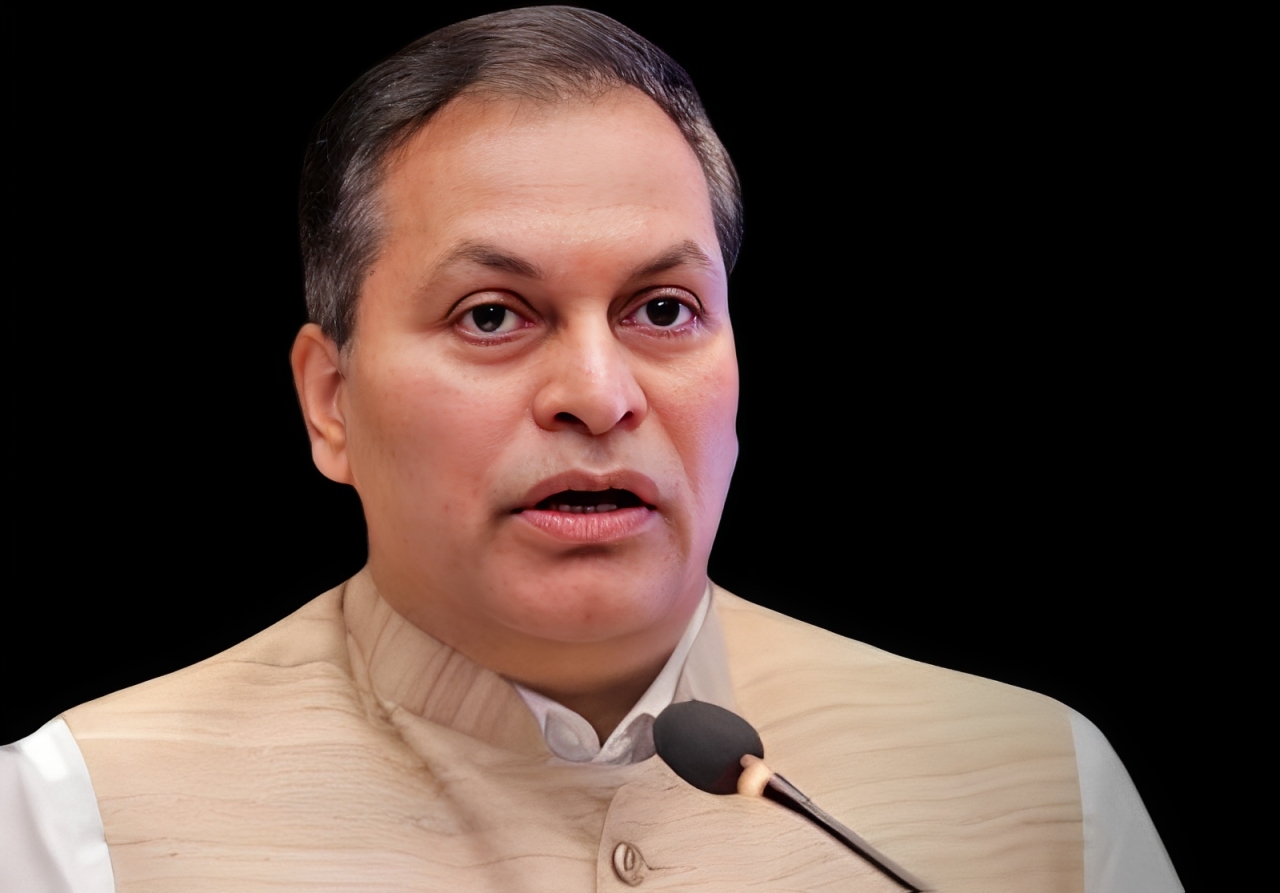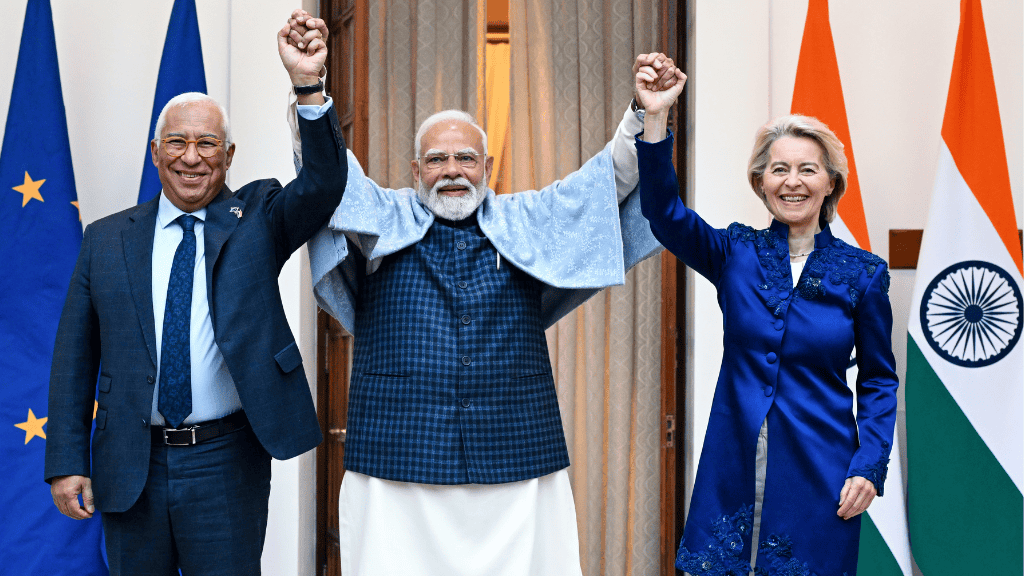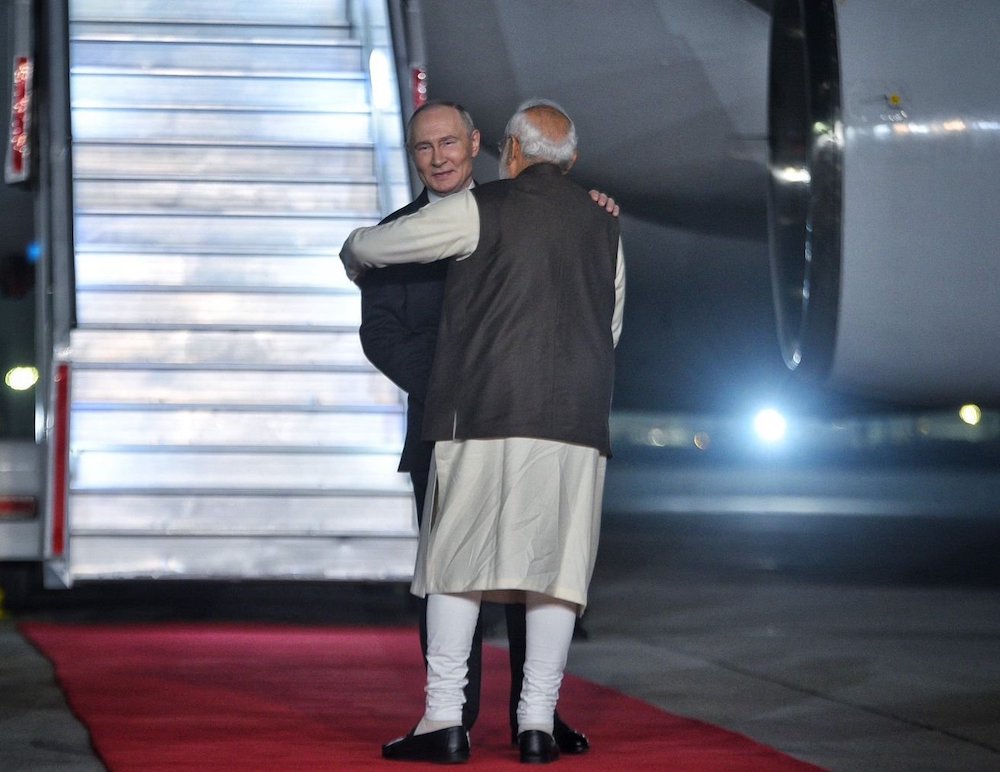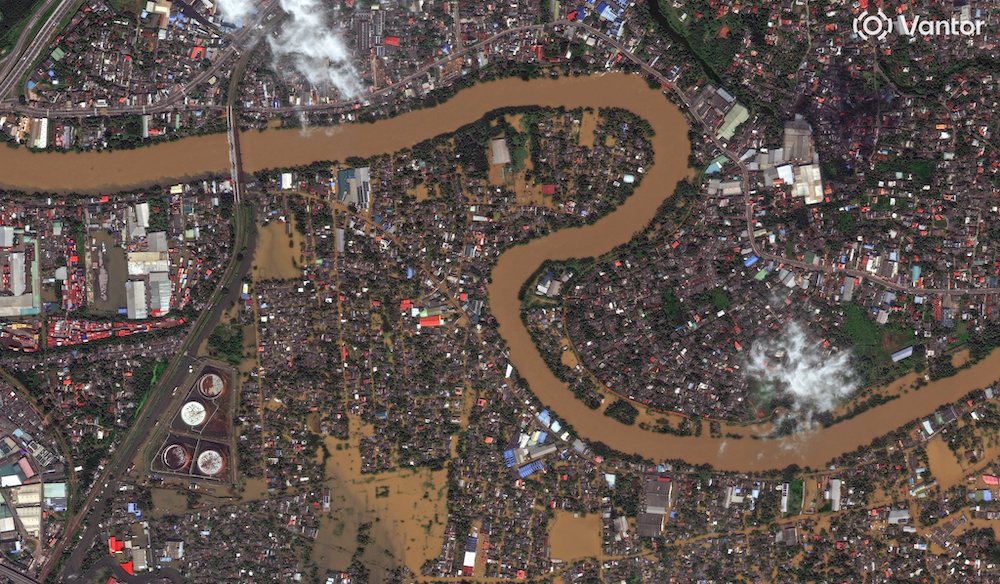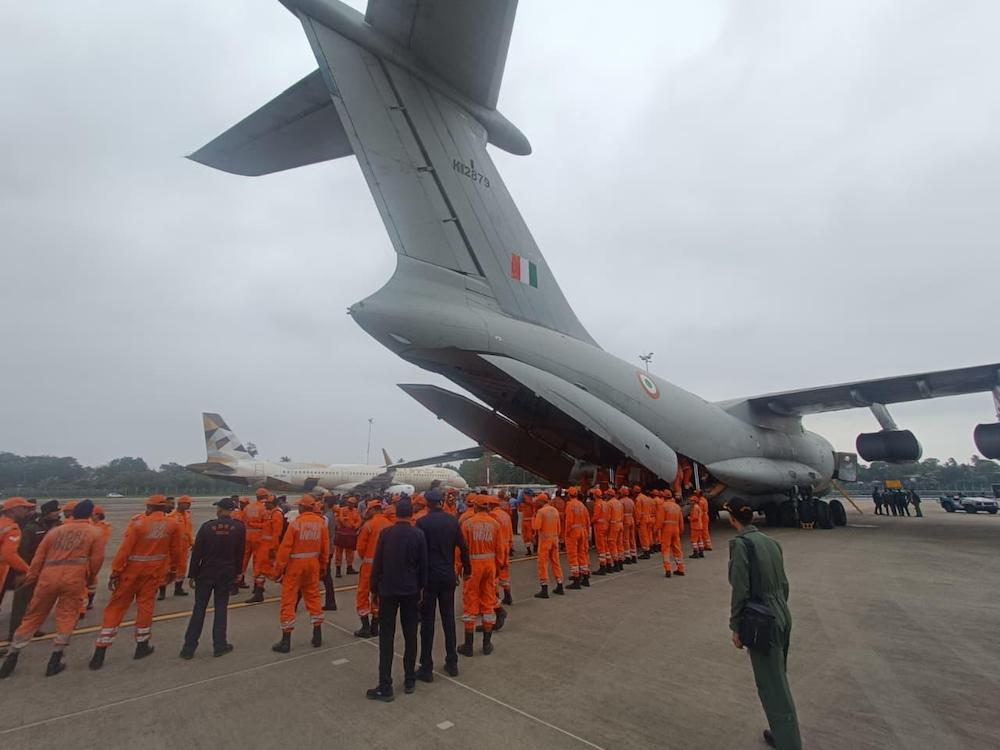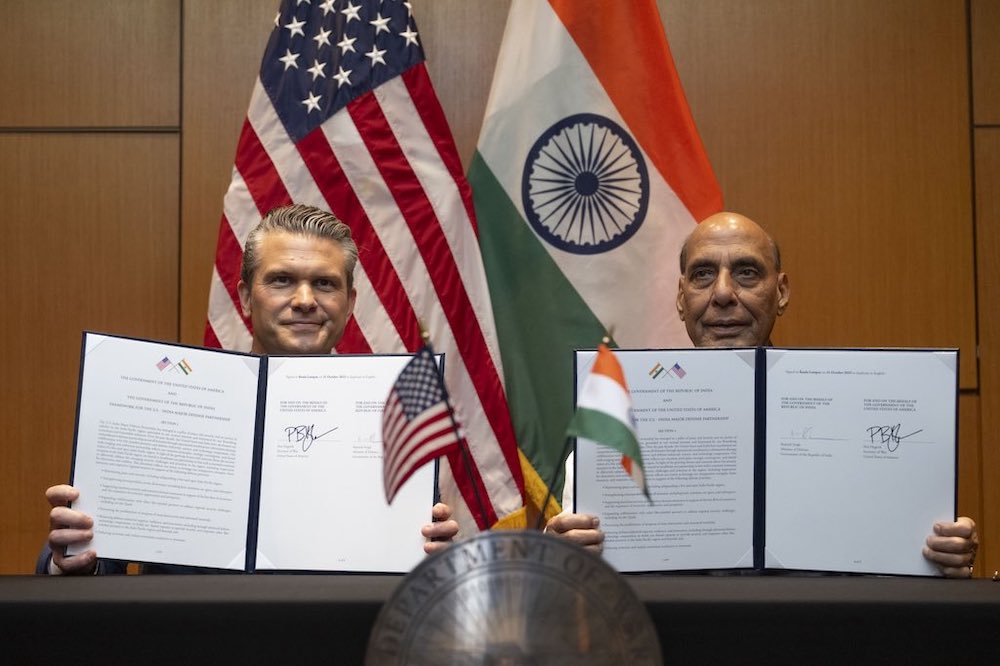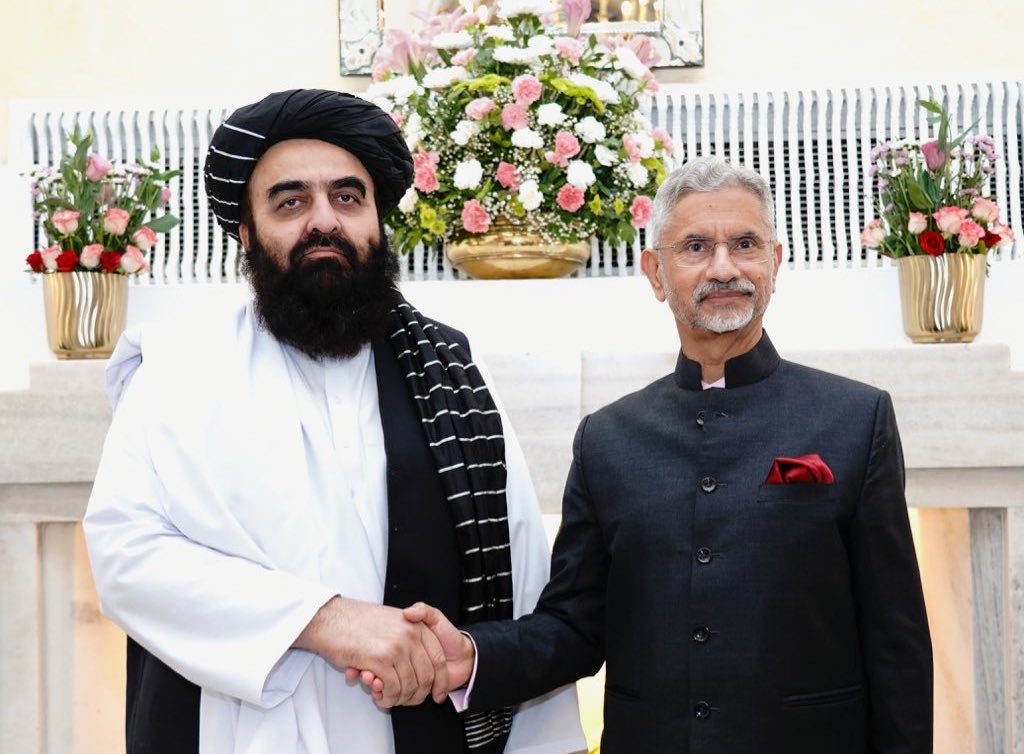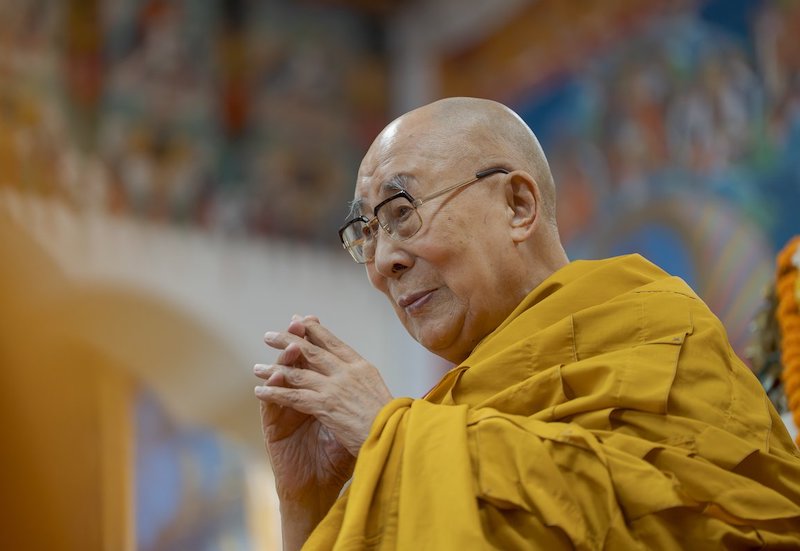 The 14th Dalai Lama. (Photo via X/@DalaiLama)
The 14th Dalai Lama. (Photo via X/@DalaiLama)
New Delhi: China has lodged a formal diplomatic protest with India following the prime minister, Narendra Modi, conveying birthday greetings to the 14th Dalai Lama and the attendance of senior Indian ministers at his 90th birthday celebrations in Dharamshala. The protest underscores escalating tensions over the Tibetan spiritual leader’s succession plans and reflects deeper strains in India-China relations amid ongoing territorial disputes.
The 14th Dalai Lama, Tenzin Gyatso, celebrated his 90th birthday on July 6, surrounded by thousands of followers who thronged the Himalayan town of Dharamshala in Himachal Pradesh. The weeklong celebrations culminated in festivities at the Tsuglagkhang Tibetan Buddhist complex, marking a significant milestone for the Nobel peace prize laureate who has lived in exile since fleeing Tibet in 1959.
Defiant Succession Declaration
In a crucial announcement just days before his milestone birthday, the Dalai Lama declared that the institution of the Dalai Lama will continue after his death, with only the Gaden Phodrang Trust – an organization affiliated with his office – having the authority to recognize his reincarnation. “I am affirming that the institution of the Dalai Lama will continue,” he stated, adding that “no one else has any such authority to interfere in this matter.”
The spiritual leader, who refers to himself as a “simple Buddhist monk,” expressed his commitment to living beyond 130 years and reaffirmed his intention to reincarnate after his death. During the celebrations, he reflected on his life’s purpose: “When I look back on my life, I see that I have not wasted it at all. I dedicate my life to the service of other sentient beings.”
This declaration directly challenges Beijing’s position on the succession process. China maintains that any reincarnation of the Dalai Lama must comply with Chinese laws and regulations, including the use of the centuries-old “Golden Urn” procedure and approval by the central government. The Golden Urn method, introduced by the Qing dynasty in 1793, involves drawing lots from a golden urn to select reincarnated lamas.
The Chinese foreign ministry spokeswoman, Mao Ning, emphasized that “the reincarnation of the Dalai Lama, the Panchen Lama, and other great Buddhist figures must be chosen by drawing lots from the Golden Urn process, and approved by the central government.” Beijing argues that the current 14th Dalai Lama was exempted from this procedure, but his successor “must follow the process that consists of search and identification in China, lot-drawing from the Golden Urn” and have “central government approval.”
The Dalai Lama has consistently rejected the Golden Urn method, describing it as lacking “any spiritual quality” and being “imposed” by Manchu officials in the 18th century. He has also stated that his successor will be born outside China, putting him at direct odds with Beijing’s claims.
Global Support and Celebrity Presence
The birthday celebrations drew global attention and support, with video messages from three former US presidents – Bill Clinton, George W Bush, and Barack Obama – being screened during the event. Hollywood actor Richard Gere, a long-time devotee and board chairman of the International Campaign for Tibet, participated in the cake-cutting ceremony and praised the Dalai Lama as someone who “totally embodies selflessness.”
Despite heavy monsoon rains and dense fog, thousands of devotees filled the narrow streets from early morning, creating massive queues to catch a glimpse of the Dalai Lama. The temple reached capacity before the celebrations began, with hundreds of eager participants left waiting outside.
The ceremony included traditional masked dancers, accompanied by the sounds of gongs, pipes, and horns, as the president of the Tibetan government in exile raised the Tibetan flag while musicians performed the Tibetan anthem. The Central Tibetan Administration also announced a “Year of Compassion” to be observed worldwide from July 6, 2025, to July 6, 2026.
Modi’s Greetings Anger Beijing
Modi extended warm birthday wishes to the Dalai Lama through a post on X. The prime minister stated: “I join 1.4 billion Indians in extending our warmest wishes to His Holiness the Dalai Lama on his 90th birthday. He has been an enduring symbol of love, compassion, patience and moral discipline. His message has inspired respect and admiration across all faiths. We pray for his continued good health and long life.”
The celebrations were attended by several high-ranking Indian officials, including the Union minister of parliamentary affairs, Kiren Rijiju; the Union minister of fisheries, animal husbandry and dairying, Rajiv Ranjan Singh; the Arunachal Pradesh chief minister, Pema Khandu; and a minister from Sikkim, Sonam Lama. Rijiju, a practicing Buddhist from Arunachal Pradesh, called the Dalai Lama “a living bridge between ancient wisdom and the modern world” and stated that India feels “blessed by his presence in our country, which he regards as his ‘Aryabhoomi’.”
Prior to the celebrations, Rijiju had also backed the Dalai Lama’s position on succession, stating that “nobody else has the right to decide” on the reincarnation besides the Tibetan Buddhist spiritual leader himself. He clarified that his remarks were made in a personal capacity as a devotee, though China continued to express displeasure with his statements.
Arunachal Pradesh: Strategic Flashpoint
Arunachal Pradesh holds immense strategic importance in India-China relations, particularly the Tawang region where several key attendees of the birthday celebrations originated. China claims the entire state of Arunachal Pradesh as “South Tibet” or “Zangnan,” with particular interest in the Tawang district due to its strategic location and historical Buddhist connections.
The state’s significance is deeply rooted in the dramatic events of March 1959, when the Dalai Lama fled Tibet following the failed Tibetan uprising against Chinese rule. His escape route took him through the treacherous mountain passes of North-East Frontier Agency (Nefa) – what is now Arunachal Pradesh, specifically through Tawang, before he reached the safety of Indian territory. The young spiritual leader, then 23, crossed into India at Khinzemane near Tawang on March 31, 1959, after a gruelling 15-day journey from Lhasa.
Tawang holds special significance in Tibetan Buddhism as the birthplace of the 6th Dalai Lama, Tsangyang Gyatso, who was born at Urgelling Monastery in 1683. The Tawang Monastery, founded in 1680-1681 according to the wishes of the 5th Dalai Lama, is the largest monastery in India and belongs to the Gelug school of Tibetan Buddhism – the same school associated with the institution of the Dalai Lama.
Khandu highlighted this unique relationship during the celebrations. He said, “We in Arunachal Pradesh share a unique and sacred bond with His Holiness and the institution of the Dalai Lama. Our traditional tie goes back centuries – to the time of the great 5th Dalai Lama, under whose patronage the historic Tawang monastery was established.”
From a strategic perspective, Arunachal Pradesh serves as a protective shield for India’s northeast region and provides critical strategic depth for military defences. The state shares international borders with China (1,080 kilometres), Myanmar (520 kilometres), and Bhutan (217 kilometres), making it a crucial buffer zone. China’s interest in Tawang stems from its strategic location as a potential entry point into India’s northeastern region and its position as a critical corridor between Tibet and the Brahmaputra valley.
China’s Swift Response
China’s reaction to the birthday celebrations was swift and comprehensive. The Chinese foreign ministry spokeswoman, Mao Ning, confirmed during a media briefing on Monday that Beijing had lodged a formal protest with New Delhi regarding Modi’s greetings and the attendance of Indian officials at the celebrations.
In her statement, Mao articulated China’s position: “The position of the Chinese government on Xizang-related issues is consistent and clear. As is widely known, the 14th Dalai Lama is a political exile who has long engaged in anti-China separatist activities and seeks to separate Xizang from China under the cloak of religion.” China consistently refers to Tibet as “Xizang” as part of its effort to control the narrative around the region.
Mao warned that “India needs to be fully cognizant of the sensitivity of issues related to Xizang (Tibet), see clearly the anti-China and separatist nature of the 14th Dalai Lama, honour the commitments India has made to China on issues related to Xizang, act prudently, and stop using those issues to interfere in China’s internal affairs.”
The Chinese embassy in India also issued statements rejecting the Dalai Lama’s authority over the reincarnation system. The Chinese ambassador to India, Xu Feihong, posted on social media that the reincarnation process has continued for 700 years and that “the 14th Dalai Lama is part of this long-standing historical tradition and religious succession, not otherwise. The reincarnation of Dalai Lamas neither began from him nor will end due to him. He has no authority to decide whether the reincarnation system shall continue or be abolished.”
India’s Measured Response
The Ministry of External Affairs maintained its position that the government does not take any stance on matters concerning beliefs and practices of faith and religion. The MEA spokesman, Randhir Jaiswal, said, “The Government of India does not take any position or speak on matters concerning beliefs and practices of faith and religion. The government has always upheld freedom of religion for all in India and will continue to do so.”
The diplomatic exchange reflects broader tensions in India-China relations, particularly regarding territorial disputes and the status of the Dalai Lama’s presence in India. While India officially recognizes Tibet as part of China, it has hosted the Dalai Lama and the Tibetan government in exile for over six decades, creating recurring friction between the two neighbours.
The Dalai Lama’s 90th birthday celebrations have become a focal point for these longstanding geopolitical tensions, with the succession question adding a new dimension to India-China diplomatic relations. As the spiritual leader continues to defy Beijing’s authority over his potential reincarnation, the celebrations highlighted the complex intersection of religious freedom, territorial disputes, and great power politics in the Himalayan region.
This latest diplomatic spat underscores the enduring significance of the Dalai Lama as both a spiritual figure and a geopolitical symbol, whose presence and pronouncements continue to influence relations between the world’s two most populous nations. The succession question, which will likely intensify as the Dalai Lama advances in age, promises to remain a significant source of tension in the already complex India-China relationship for years to come.

